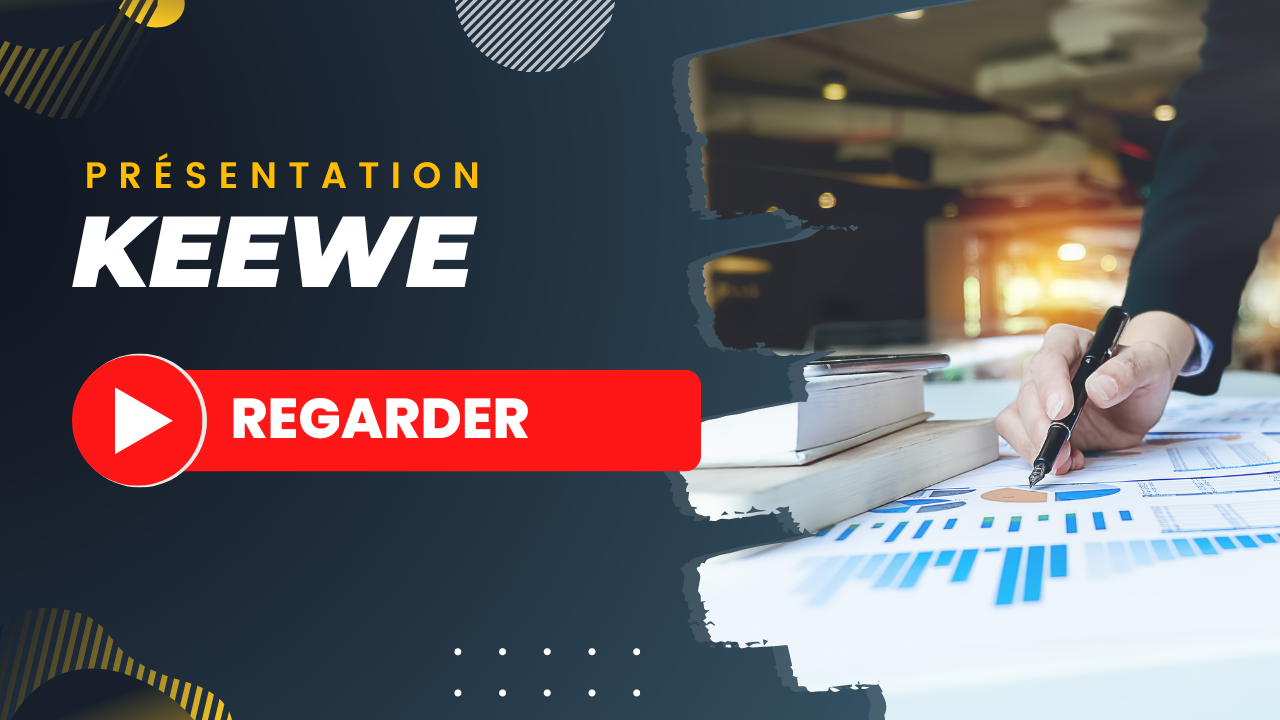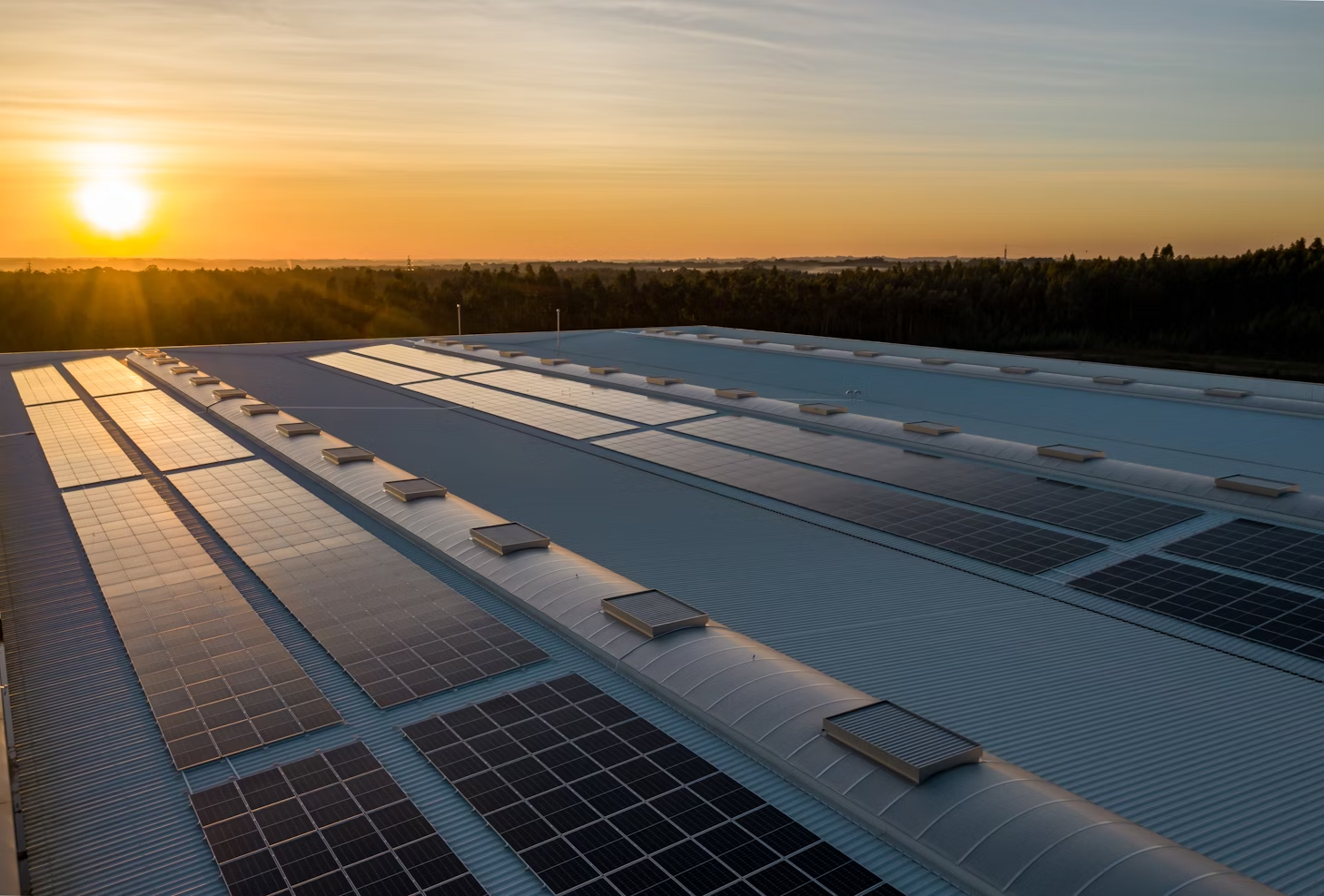Climate change

Ecology will be the major issue in the coming years
France has enshrined in law the objective of carbon neutrality by 2050. The Citizens' Climate Convention (CCC) required the mandatory establishment of a greenhouse gas emissions balance for all companies and no longer only large groups. Both the CCC and the Economic, Social and Environmental Council (CESE) recommend the introduction of green criteria in the award of public contracts and public subsidies. Thus, the grants from the post-Covid recovery plan will be subject to the completion of a review.
Energy diagnostics, product carbon scores, etc. Environmental regulations will only increase in the coming years.
An issue with a high impact for businesses
If only through the inexorable evolution of regulations, businesses are at the forefront when it comes to ecological transition.
They are in fact facing a very high risk of adaptation linked to the transition to a low-carbon economy. New taxes, investments to meet new regulations, technological investments... all these obligations, if they are not met, could lead to a decrease in competitiveness.
In a much shorter term than one might think, Businesses will also have to take physical risk into account linked to climate change. Concretely, the impacts for a company can concern the buildings most at risk (floods, thermal discomfort in offices during heatwaves, structural fragility caused by droughts), electronic equipment subject to heat peaks, or even the deterioration of stocks of perishable foodstuffs (especially during transport). French insurers identified this climate-related damage and estimated, in a 2015 study, that material damage caused by the climate should increase by 90% by 2040 (compared to the previous 25 years). One example is the case of the Californian electricity supplier PG&E, which went bankrupt after being suspected of being behind the giant fires that ravaged California in 2019. These fires would have been triggered by PG&E's negligence (poor maintenance of its equipment), a cause independent of climate change. But these fires have been favored and amplified by recurrent and accentuated episodes of drought over the last 15 years, linked to climate change.
Finally, the reputational risk linked to the change in the mentalities and habits of your customers is not to be overlooked. Consumers and employees are increasingly committed to the social and environmental commitment of the brands they consume or work for. A bad buzz leading to the devaluation of a product or brand on the market quickly arrived. Conversely, ecologically responsible suppliers are at an advantage when tendering from large groups with increasing CSR requirements. They attract and keep talent within them and take a significant amount of time in advance financially.
Finally, we can highlight the liability risk, that is, the possibility of being sued for inaction on the climate issue. The multiplication of remedies is a recent illustration of this. The State, attacked in court by the associations of the Affaire du Siècle, has just been condemned for inaction in the face of climate change and recognized responsible for ecological damage. Will businesses be next on the list?
Moreover, the market is not wrong: according to a McKinsey study, since 2014, investment in sustainable and environmentally responsible businesses has increased by 68%. In 2019, it represented 30 billion dollars (*Five ways that ESG creates value, Nov. 2019).
An increased impact for SMEs
SMEs occupy a privileged place in the French economic fabric. They represent 10% of French GDP and 14% of the country's CO2 emissions. They employ more than 50% of the population. However, according to the EESC, companies have the fewest resources at their disposal to anticipate climate change, whether in terms of information, financing, time or human resources.
Among the managers of these companies, 80% believe that climate change calls for an emergency response, but only 70% of them have heard of carbon accounting. Measuring your emissions is, however, the first step towards a low-carbon economy.
And there is an urgent need: according to Bpifrance, nearly a third of SME managers say they have already been impacted by climate and environmental events (SMEs and midcaps facing the climate emergency, 2020).
And you, what climate risks are you exposed to?
Take control of your carbon issues now with Keewe's tools
Measuring your emissions, reduction advice, financing through an ecological cashback on your banking services and eco-projects to be supported directly via your customer area, we have everything planned!








